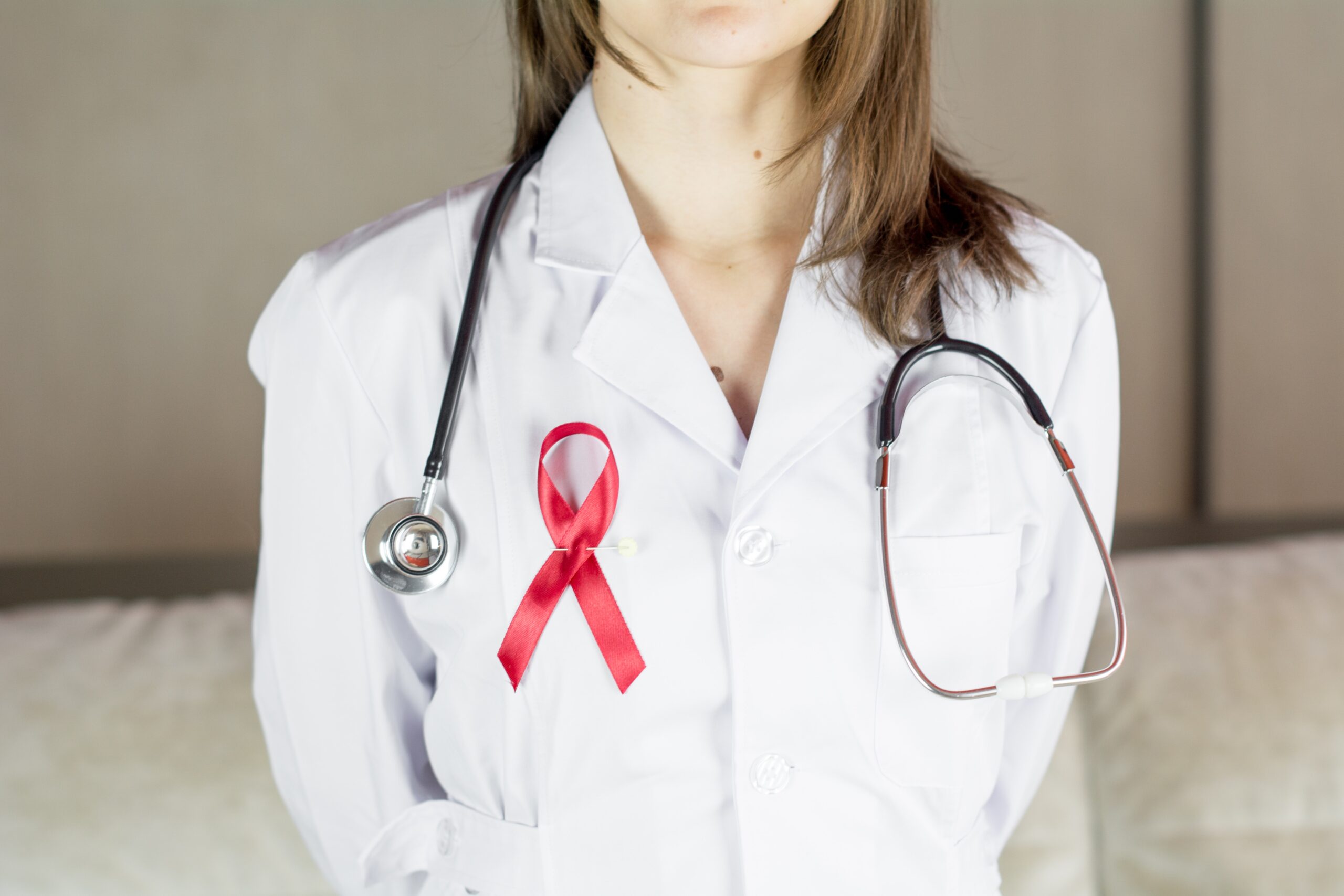Also known as oral candidiasis, oral thrush is an infection caused by the fungus Candida albicans. The fungus is a yeast found in your mouth and other body parts. It's normal to have it in your body to some degree, but if the fungus starts to multiply rapidly, oral thrush may develop.
Oral thrush may affect anyone, but infants, older adults, and people with weakened immune systems are at the most significant risk. People taking certain medications and temporarily suppressed immunity are also at risk. Healthy people rarely experience severe oral thrush. It is usually a minor inconvenience if it develops in a body well-protected by the immune system's defenses.
Typical oral thrush symptoms are white lesions on the tongue and cheeks. Redness and mouth pain often develop as the subsequent symptoms. If you scrap the lesions, they may bleed, leading to difficulty swallowing and infection that may result in fever.
Continue reading the article to learn more about oral thrush, including causes, risk factors, ways to treat it, and self-care tips to manage it at home.
You can get the fungus Candida albicans![]() from another person if you come in contact with their saliva. For example, if you kiss someone with oral thrush, the fungus may be transmitted to your mouth. However, the presence of the fungus does not necessarily lead to oral thrush. Even without contact with other people's saliva, the fungus is already in your body. Whether that additional amount will lead to the development of infection depends on several factors, such as age, state of health, and other risk factors.
from another person if you come in contact with their saliva. For example, if you kiss someone with oral thrush, the fungus may be transmitted to your mouth. However, the presence of the fungus does not necessarily lead to oral thrush. Even without contact with other people's saliva, the fungus is already in your body. Whether that additional amount will lead to the development of infection depends on several factors, such as age, state of health, and other risk factors.
To reduce the risk of oral thrush, avoid kissing and sharing drinks with your partner or other people you know who have oral thrush. Additionally, wash your hands more often if you live with someone with oral thrush.
Oral thrush develops due to the fungus found in the mucous membranes lining your mouth![]() . Most people have only small amounts of this fungus and don't experience any symptoms. Oral thrush is usually a result of medical conditions and medications that lower the immune system's performance.
. Most people have only small amounts of this fungus and don't experience any symptoms. Oral thrush is usually a result of medical conditions and medications that lower the immune system's performance.
Side effects of specific treatments and therapies may lead to oral thrush. For instance, chemotherapy can suppress the immune system's capabilities and damage the mucous membranes. Radiotherapy that targets the neck and head area can also lower your immunity. Other treatments and surgeries, particularly intensive, strain the body, increasing the risk of oral thrush.

Medications, certain health conditions, and intensive treatments are the most common factors that increase the risk of oral thrush. They may compromise your immune system, allowing the fungus to spread or cause it to grow out of control.
In addition to cancer treatments, HIV/AIDS![]() , diabetes, and anemia may make you more prone to develop oral thrush because of the weakened immune system.
, diabetes, and anemia may make you more prone to develop oral thrush because of the weakened immune system.
As for the rapid multiplication of Candida albicans, one example of why it may occur is when the balance of microorganisms in your mouth is disrupted. It may happen if you take antibiotics, birth control pills, steroids, and medications that cause specific side effects.
The possible oral thrush risk factors can be summed up in the below list:
As you can see, there are many ways to compromise your immune system, allowing fungus to spread and attack your body. Besides oral thrush, there are more dangers of low immunity. Bacteria and viruses may also affect you if you are deprived of your body's natural defenses. Because of that, it is essential to maintain a healthy lifestyle and eat a well-balanced diet. Check out the ‘How to Prevent Oral Thrush?' paragraph to learn more about preventing fungus infections.

Many people who develop oral thrush don't realize it at first. Lesions caused by Candida albicans usually go unnoticed or are ignored because they do not typically lead to discomfort or pain. However, some cases of oral thrush result in issues that can't be ignored. Its lesions may cause pain and other symptoms, lowering the quality of life. The most common complaints of this condition are as follows:
Less commonly, oral thrush may cause severe symptoms such as:
In some people, oral thrush may spread to other body parts, particularly skin, lungs, and liver. Those with conditions that weaken the immune system are at the highest risk of this scenario.
Oral thrush complications are most likely to occur in people whose immune systems are compromised and weakened. As previously mentioned, the fungus may spread to other body parts. These include skin, liver, lungs, heart, and brain. Doctors refer to this phenomenon as invasive or systemic candidiasis.
If you develop systemic candidiasis, your symptoms depend on which organ is affected by the fungus Candida albicans. The most dangerous complication is septic shock – a life-threatening condition when your blood pressure drops to a deficient level. It may develop due to fungal, viral, and bacterial infections. Fortunately, septic shock is rare and typically does not occur in healthy individuals.
If white lesions are present, a healthcare provider can diagnose oral thrush while examining your mouth. To confirm that they are caused by yeast, they may take a scraping of the lesions and send it to a lab for testing.
In some cases, however, oral thrush develops due to underlying medical conditions. To find out which one is the cause, doctors usually order the following tests:
Treatment options for oral thrush differ from person to person. An effective treatment plan must be tailored to a patient's needs and circumstances. Cases of oral thrush that developed due to medical conditions are approached differently from mild infections.
Nevertheless, the goal of treatment is the same – to stop fungi from spreading and getting rid of lesions. The most often recommended method for healthy adults and children involves antifungal medication, such as liquids, tablets, and lozenges. They usually need to be taken for 10 to 14 days.
You may need more time to recover from oral thrush if you have a weakened immune system. If topical antifungal medications do not improve the symptoms, your doctor will prescribe medications that affect the entire body.
Proper self-care is an essential part of the treatment plan for oral thrush. Here are some management tips to help reduce discomfort and speed up the healing process:
It is important to note that self-care measures can be applied to relieve oral thrush symptoms, but they should not replace professional medical treatment. If you have reasons to believe you have oral thrush or are concerned about your condition, consult a healthcare provider for a proper diagnosis and treatment plan.

Preventing oral thrush combines several practices to improve your immunity, well-being, diet, and essential sanitation habits. However, it is essential to note that no strategies help avoid one specific fungi species. Applying the practices below will decrease the risk of developing more types of infections, particularly those of bacterial and viral origin:
Remember that if you suspect you have oral thrush, it's wise to seek medical advice and treatment from a healthcare professional. These prevention tips are general guidelines, and individual circumstances may require a more personalized approach to prevent oral thrush effectively.

Oral thrush, or candidiasis, is a fungal infection caused by Candida albicans, a yeast ordinarily present in the mouth. When the fungus grows out of control, it can develop lesions in the mouth and other symptoms. While it can affect anyone, infants, older adults, and those with weakened immune systems are at the highest risk. Typical symptoms include white lesions on the tongue and cheeks, sometimes accompanied by redness, pain, and difficulty swallowing.
Oral thrush is not necessarily contagious, as the fungus is already present in the body. However, close contact with an infected person's saliva can increase the risk of developing this condition. Several factors, including underlying health conditions, certain medications, and intense treatments like chemotherapy and radiotherapy, can compromise the immune system and lead to oral thrush.
Self-care at home can complement medical treatment. Practices like saltwater rinses, eating probiotic-rich foods, staying hydrated, and avoiding irritants can help manage symptoms.
Prevention involves maintaining good oral health, managing underlying conditions, taking proper care of dentures, and avoiding tobacco use and high-sugar food. Regular dental check-ups are essential, particularly for denture wearers and those with diabetes.